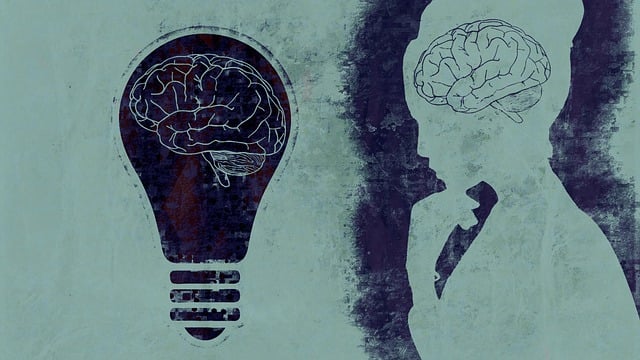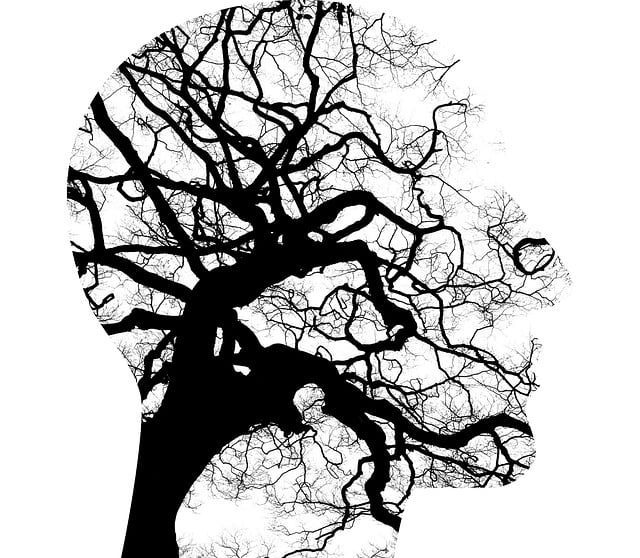In today's diverse healthcare landscape, cultural competency is vital for delivering high-quality care, especially to vulnerable populations like those served by Littleton Abuse Survivors Therapy (LAST). Understanding culture's impact on health beliefs and behaviors helps providers navigate sensitive issues and ensure respectful treatment. Biases can exacerbate existing health disparities, particularly among minority patients with trauma and mental health issues. LAST serves as a model for culturally sensitive practices, addressing diverse needs through innovative therapy techniques that promote empathy and holistic recovery. Effective training programs for healthcare providers must incorporate real-world scenarios, evidence-based practices, stress reduction techniques, and emotional intelligence development to combat burnout and deliver empathetic care.
Healthcare provider cultural competency training is an essential component of delivering quality care in a diverse society. Understanding cultural nuances and biases is crucial to preventing miscommunication, fostering trust, and improving patient outcomes. This article explores these topics through various lenses, including a case study on the successful implementation of Littleton Abuse Survivors Therapy, which demonstrates the power of cultural sensitivity in trauma-informed care. We also provide insights into designing and implementing effective training programs for healthcare providers.
- Understanding Cultural Competency in Healthcare: A Necessity for Quality Care
- The Impact of Cultural Bias and Stereotypes on Patient Outcomes
- Littleton Abuse Survivors Therapy: A Case Study on Cultural Sensitivity
- Designing and Implementing Effective Training Programs for Healthcare Providers
Understanding Cultural Competency in Healthcare: A Necessity for Quality Care

In today’s diverse healthcare landscape, cultural competency is no longer a nice-to-have but an absolute necessity for quality patient care. It involves understanding and appreciating the ways in which culture shapes individuals’ health beliefs, behaviors, and experiences. For instance, what may be considered normal medical practices in one cultural setting can be perceived as offensive or unacceptable in another. Healthcare providers who are culturally competent are better equipped to navigate these nuances, ensuring that every patient receives respectful, sensitive, and effective treatment.
This is especially crucial when dealing with vulnerable populations, such as Littleton Abuse Survivors Therapy clients. Many survivors of trauma or abuse come from diverse cultural backgrounds, bringing with them unique perspectives on health, healing, and coping mechanisms. Without cultural competency training, providers risk exacerbating existing challenges in accessing care, leading to potential harm. Therefore, incorporating skills in mental wellness, emotional regulation, and crisis intervention guidance is essential for healthcare professionals to deliver holistic support tailored to each patient’s cultural context.
The Impact of Cultural Bias and Stereotypes on Patient Outcomes

Cultural biases and stereotypes held by healthcare providers can significantly impact patient outcomes, particularly when treating individuals from diverse backgrounds. These unconscious prejudices may lead to misjudgments and inappropriate care, causing harm to patients who already face numerous health disparities. For instance, a study on minority patients in the US revealed that stereotyping can result in delayed diagnoses or inadequate treatment for conditions like depression and anxiety, which are more prevalent among certain ethnic groups. This is especially concerning considering the high rates of trauma and mental health issues among survivors of abuse, as seen in Littleton Abuse Survivors Therapy (LAST) programs.
In a healthcare setting, these biases might manifest as assumptions about a patient’s behavior or adherence to treatment plans based on cultural norms. For example, a provider’s preconceived notion that certain cultural groups are less likely to adhere to medication regimens could lead to reduced efforts in engaging the patient in crisis intervention guidance and mood management skills training, ultimately affecting recovery outcomes. Social skills training, a component often included in comprehensive therapy programs, becomes even more critical when healthcare providers recognize their own biases and strive for culturally competent care that respects individual differences.
Littleton Abuse Survivors Therapy: A Case Study on Cultural Sensitivity

Littleton Abuse Survivors Therapy (LAST) serves as a compelling case study demonstrating the profound impact of culturally sensitive practices in healthcare. Founded to support individuals who have experienced trauma, LAST has pioneered innovative approaches that address the unique needs of diverse patient populations. By integrating Emotional Well-being Promotion Techniques and Anxiety Relief strategies, the therapy program fosters an environment where empathy building strategies can thrive.
Through its comprehensive curriculum, LAST ensures that therapists are equipped with the skills to navigate complex cultural landscapes, thereby enhancing patient trust and engagement. This focus on cultural sensitivity goes beyond mere awareness; it permeates every aspect of the therapeutic process, from initial assessment to aftercare planning. As a result, LAST not only aids in healing psychological wounds but also promotes holistic recovery by recognizing and respecting each client’s unique background, experiences, and needs.
Designing and Implementing Effective Training Programs for Healthcare Providers

Designing and implementing effective training programs for healthcare providers requires a nuanced approach that goes beyond surface-level workshops. It’s essential to create immersive, ongoing learning experiences that address the complex needs of a diverse patient population, especially when considering survivors of trauma like those who turn to Littleton Abuse Survivors Therapy. Training should delve into evidence-based practices and incorporate real-world scenarios to equip providers with the skills needed to offer empathetic, culturally competent care.
By integrating stress reduction methods and mind over matter principles, healthcare providers can develop resilience against burnout, a significant concern within the profession. Engaging in continuous professional development, including workshops focused on communication, emotional intelligence, and trauma-informed care, allows providers to refine their practices while fostering an environment of support. These strategies not only enhance patient outcomes but also contribute to the long-term well-being of healthcare providers themselves.
Cultural competency training is no longer a choice but an indispensable tool for healthcare providers. As evidenced by the case study of Littleton Abuse Survivors Therapy, understanding and respecting diverse cultural backgrounds can significantly improve patient outcomes. By addressing implicit biases and stereotypes, healthcare professionals can create inclusive environments that foster trust and encourage positive health outcomes. Effective training programs, as outlined in this article, should be comprehensive, ongoing, and tailored to meet the specific needs of diverse patient populations. Investing in cultural competency ensures that all patients receive equitable and quality care.














